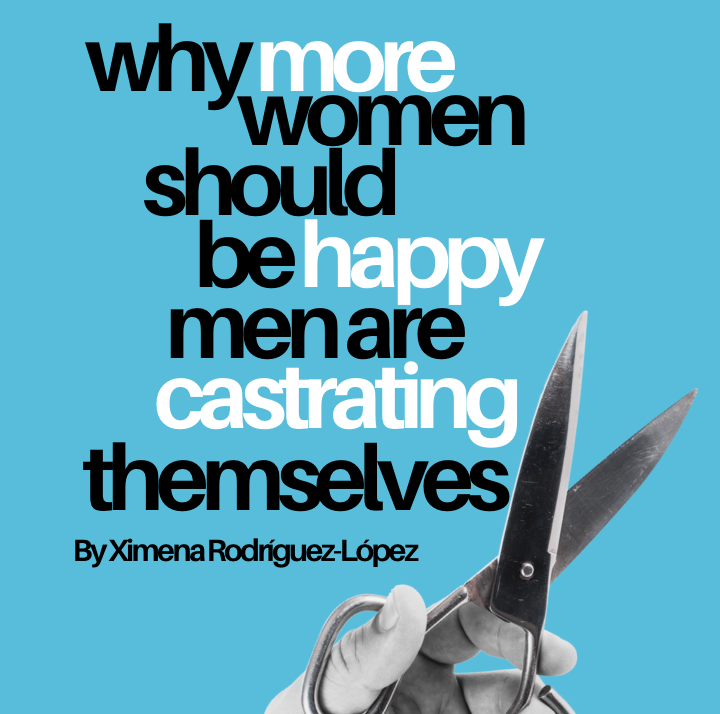Womens Only Gym Allows Men
Fake Virtue, Real Consequences: How Black Women Are Pressured into Championing Trans Ideology
By Supreme
Brooklyn, NY - Black women have been strategically co-opted to carry transgender ideology because their voices hold significant moral and social weight in progressive circles. Black women, cautious of backlash and eager to demonstrate allyship in social justice spaces, may feel compelled to support trans-inclusive policies fervently, even at the expense of their own interests. This phenomenon is compounded by a narrative pushed by trans-identified males who assert that Black women should identify with them because they, too, "know what it's like to not be recognized as women."Black women were ALWAYS WOMEN.
Trans-identified males often lean on Black women by drawing parallels between their lack of acceptance as "women" and the historical denial of Black women's womanhood. However, it's crucial to recognize that trans-identified males are not women—they are men. Black women, on the other hand, were always women, despite the racist and sexist narratives imposed upon them. Historically, enslavers deliberately refused to recognize Black women's womanhood to justify their inhumane treatment and silence criticism of their racism. Despite the claims of White men, Black women were always recognized implicitly as women by their oppressors, who systematically raped and impregnated them. To absolve themselves of responsibility and accountability, enslavers claimed their offspring belonged solely to the Black woman due to her "Black blood," reinforcing their racial dominance.
Equating the systemic racism and misogynoir faced uniquely by Black women to the lived experiences of trans-identified males overlooks profound differences in social positioning, privilege, and oppression. Black women's womanhood is frequently scrutinized, undermined, and attacked within broader society—adding transgender males into spaces specifically designed to affirm women's unique experiences risks eroding the very safety and empowerment these spaces aim to create.The recent opening of a women-only gym in London by a Black woman entrepreneur garnered significant attention and praise, initially seen as an empowering step toward creating safe and affirming spaces for women. She quickly jumped onto Twitter to publicly support the trans-identified male, affirming him as a woman and making it clear he’d be welcomed at her gym—even though no one had explicitly asked her to do so. It seemed like a preemptive move to avoid backlash or getting "canceled" even before opening her business. Unfortunately, that’s often the reality behind such virtue signaling by some Black women online: it’s not genuine allyship but rather fear of men and fear of social media repercussions. Her message implicitly prioritized a few men’s comfort over the safety of countless women, essentially signaling, "Women’s needs don’t matter here—we follow men’s lead." Inclusivity does not mean allowing men with fetishes into spaces reserved for women. Black women rarely receive reciprocal invitations into trans-dominated spaces, yet they continually open their own doors, as if desperately seeking approval. Solidarity among women is essential, and it’s crucial to acknowledge that a man in a dress is not a woman. Black women should reconsider their fervent support for trans ideology, as this so-called "marginalization" is manufactured—not genuine, not organic, and deeply influenced by the overconsumption of pornography. True solidarity prioritizes women’s safety and lived experiences without compromise.

Brooklyn, NY - Many Black women still hesitate to identify with feminism — not because feminism "doesn't speak to them," but because the label has been tarnished through decades of community shaming, media misrepresentation, and the sidelining of Black women's voices within mainstream feminist spaces.